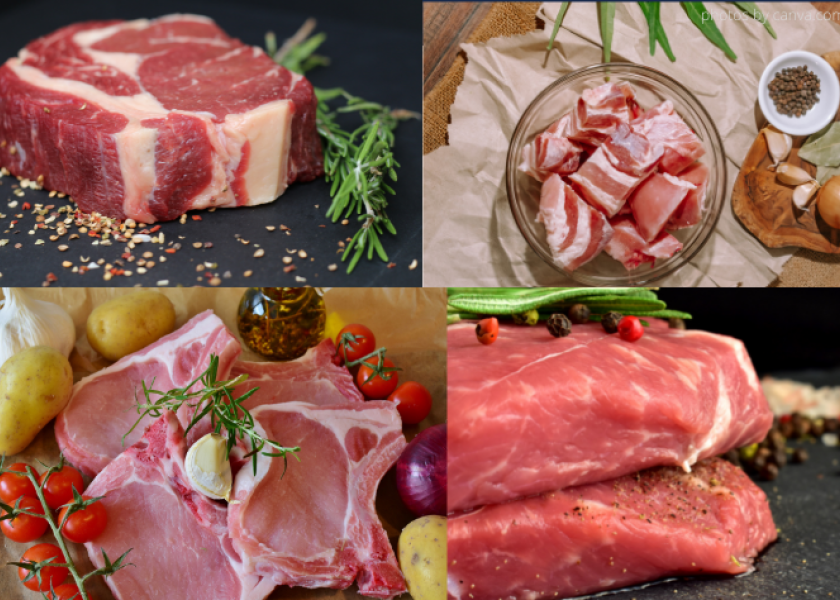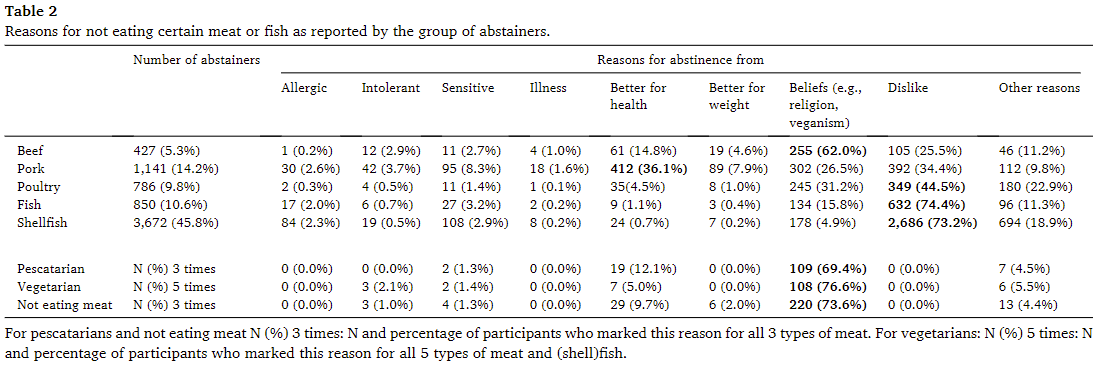Could the Choice to Eat Meat Be in Our DNA?

Could genetics play a role in the decision to forego eating meat, along with the influence of environmental factors? Dutch researchers believe so.
In a study of Dutch twins, researchers studied the heritability of abstinence from eating beef, pork, poultry, fish or shellfish, according to a recent study published in a Science Direct Food Quality and Preference issue.
Identical twins (monozygotic) share 100% of their genetic makeup, while fraternal twins (dizygotic) share approximately 50% of their genes. Therefore, studying twin behavior can lead to valuable insight in determining heritability of traits.
With over 8,000 sets of twins or first and second born triplets surveyed, the study claims, “Heritability for abstinence from eating beef, pork, poultry, fish or shellfish ranged from 70 to 80%.”
Reasons to abstain from eating meat in the survey included:
• Allergies
• Intolerance
• Sensitivity
• Illness
• Better for health
• Better for weight
• Beliefs (religion, veganism, etc.)
• Dislike
• Other reasons
“Resemblance in abstinence was much higher within [mononozygotic] twin pairs than [dizygotic] twin pairs for each individual meat and fish types, as it was for pescetarianism and vegetarianism,” the article says based on study results.
Overall, the study found pescatarianism (not eating meat but eating fish) was 74% heritable, vegetarianism (not eating meat and fish) is 77% heritable and abstinence from eating meat is 80% heritable, with the remaining variance accounted for by non-shared environmental influences.
Though the researchers claim high heritability in the abstinence from eating meat, it’s important to acknowledge that “beliefs” and “better for health” ranked among the highest reasons for the population. These reasons might be considered environmental factors, more than heritable traits.
For instance, of the 427 abstainers of beef surveyed, 255 claimed ‘beliefs’ as their reason while only 28 collectively claimed they are allergic, intolerant, sensitive or experience illness when eating beef.
For pork, of the 1,141 abstainers, 412 said ‘better for health’ while 185 claimed they are allergic, intolerant, sensitive or experience illness collectively.
The full results are found below:
The researchers suggest further studies to investigate genetic correlations and genetic influences on associations between vegetarianism and other psychological traits. Researchers also suggest future studies differentiate the reason ‘beliefs’ and ask in more depth about the specific beliefs or convictions, like type of religion, mitigation, climate change or animal welfare.
How much of a “choice” do you think eating meat is?








